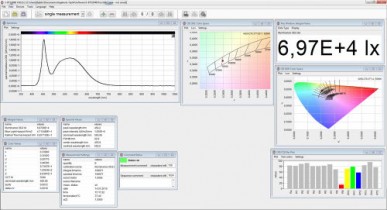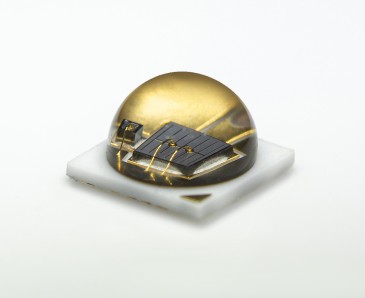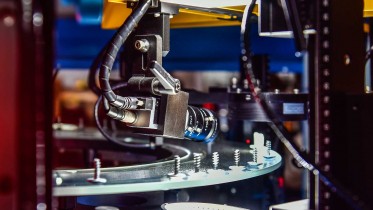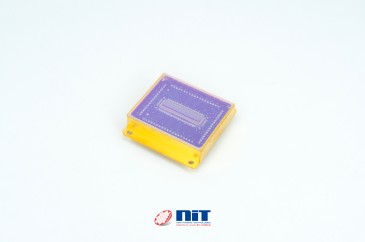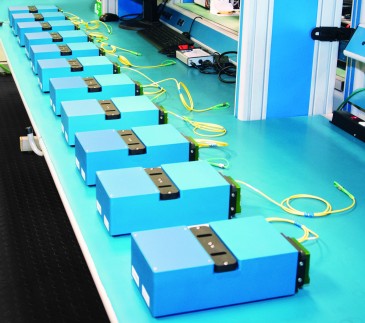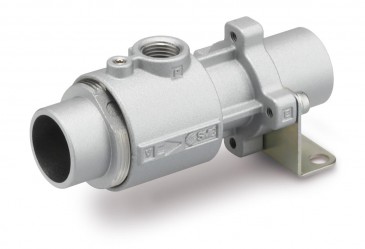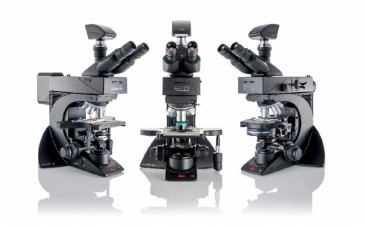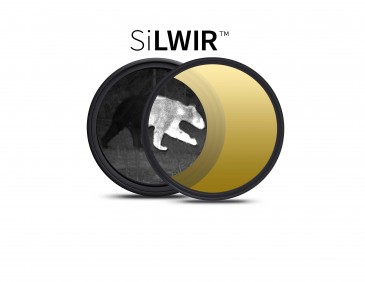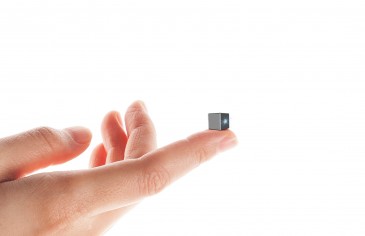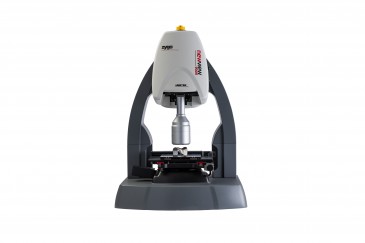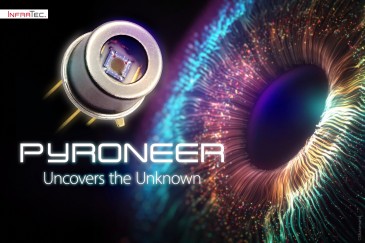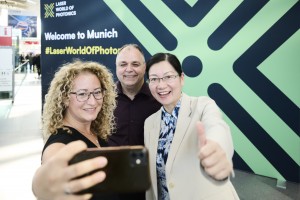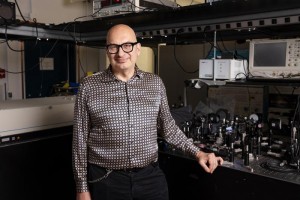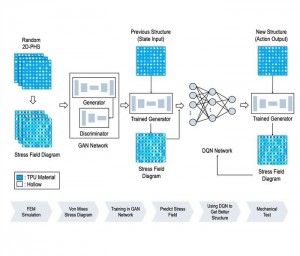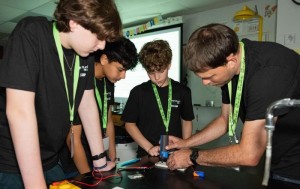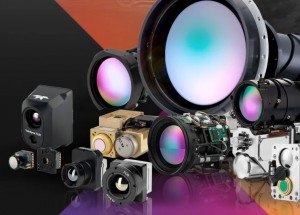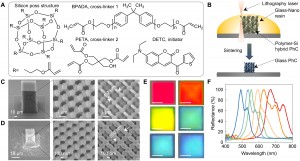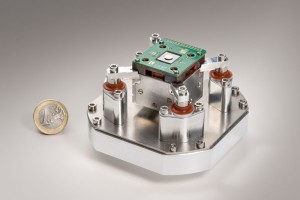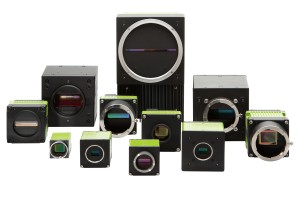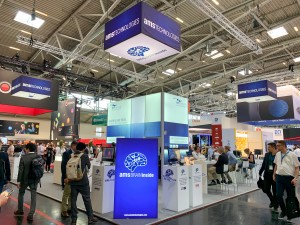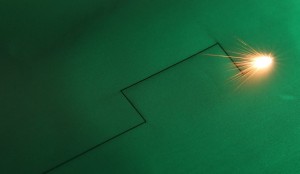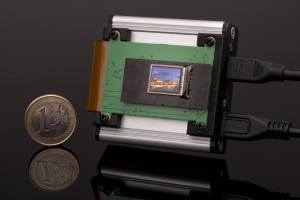
The Optical Society (OSA); SPIE, the international society for optics and photonics; and the Materials Research Society (MRS) today announce their 2013-2014 Congressional Science and Engineering Fellows. Carly Robinson, a PhD candidate at the University of Colorado Boulder (CU-Boulder), will serve as the 2013-2014 Arthur H. Guenther Congressional Fellow co-sponsored by OSA and SPIE, and Sydney Kaufman, also a PhD candidate at CU-Boulder, will serve as the OSA/MRS Congressional Fellow. Each will serve a one-year term working as a special legislative assistant on the staff of US congressional offices or committees in Washington, DC (US).
Robinson and Kaufman will formally begin the program in early September 2013, starting with a comprehensive training and orientation process facilitated by the American Association for the Advancement of Science (AAAS). AAAS Congressional and Executive Branch Fellows are sponsored by more than two dozen scientific societies. The new Fellows will then go through an interview and selection process with offices of senators, representatives or committees on Capitol Hill before choosing the offices in which they will serve.
The Congressional Fellows program aims to bring technical and scientific backgrounds and perspectives to the decision-making process in Congress and provide scientists with insight into the inner workings of the federal government. Typically, fellows conduct legislative or oversight work, assist in congressional hearings and debates, prepare policy briefs and write speeches as part of their daily responsibilities.
Each year, following a formal application process, finalists are interviewed and Fellows are selected by a committee comprised of volunteer members from OSA, SPIE, and MRS.
About the 2013-2014 Fellows
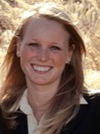
• Carly Robinson is studying atmospheric chemistry at CU-Boulder. Her research with Margaret Tolbert involves investigating water uptake on atmospherically relevant liquid-liquid separated particles for inclusion in radiative transfer models. In addition to her PhD studies, Robinson is also active in CU-Boulder’s student government, serving as the student body vice president and other roles. One of her main causes with the graduate student government has been to promote open access to research. Robinson holds an MS in atmospheric chemistry from CU-Boulder and a BS in applied physics and mathematics from Michigan Technological University. She is a member of the American Chemical Society, the American Geophysical Union, the American Physical Society, OSA and SPIE.
During her fellowship Robinson hopes to serve as a resource to policy makers on science-related issues, particularly climate change, and to be able to educate fellow scientists on how they can impact science policy.
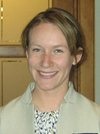
• Sydney Kaufman is currently completing her PhD in chemical physics at CU-Boulder. Her research, under the direction of J. Mathias Weber, is in photodissociation spectroscopy of transition metal salts. Outside the lab, Kaufman serves as a contributing editor to online publications Novus Light Technologies Today and Solar Novus Today, covering topics such as photonics and solar energy policy, as well as associated environmental, trade, technological and economic issues. Kaufman is also co-director of the CU-Boulder chapter of the Forum on Science Ethics and Policy (FOSEP), an organisation that works to promote dialogue between scientists, policy makers and the public; co-director of Women in JILA, which organises seminars to discuss professional development and work/life balance issues; a graduate student representative on the JILA Graduate Student Committee; a science mentor with Earth Explorers; and a volunteer with the Partnership for Informational Science Education in the Community (PISEC), which hosts science education activities at local elementary schools. She holds a BS in chemistry from McGill University.
During her fellowship, Kaufman is interested in working on energy development policy and increasing the participation of underrepresented groups in the Science, Technology, Engineering, and Mathematics (STEM) fields.

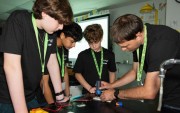


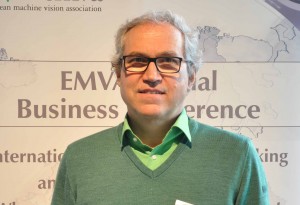
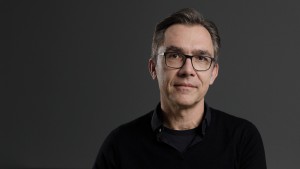
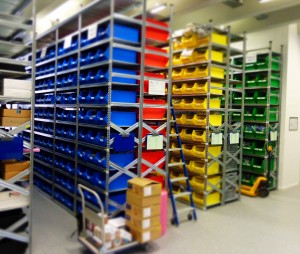

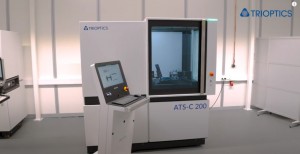
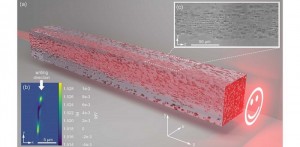
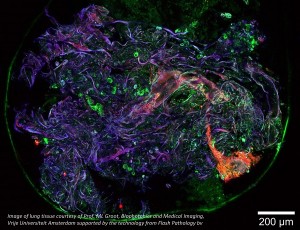

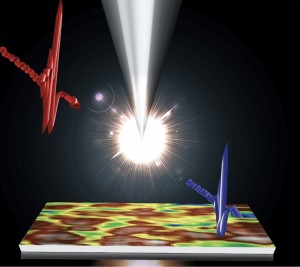

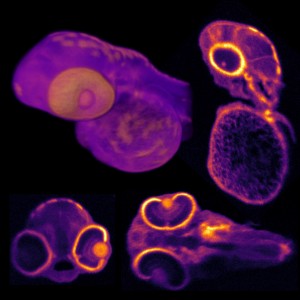
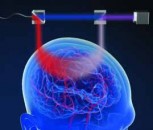


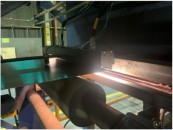

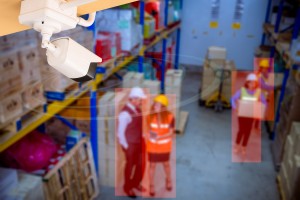
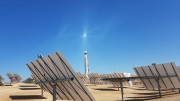



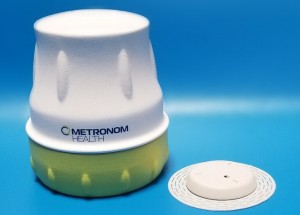
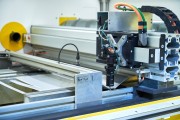

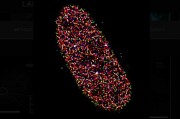
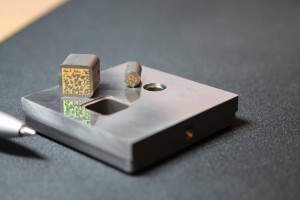
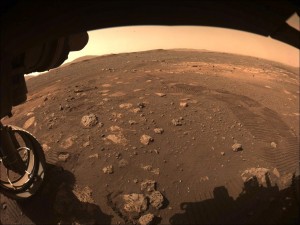
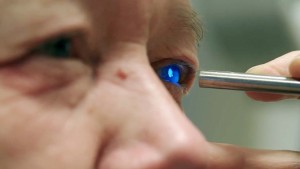
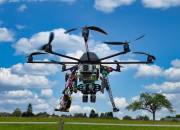
 Back to News
Back to News